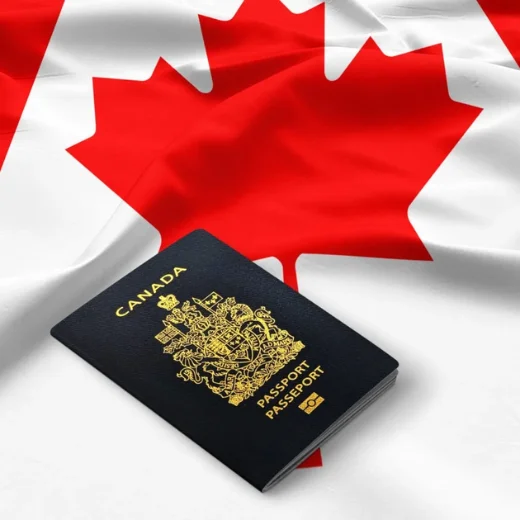Spousal Sponsorship
In Canada, the Spousal Sponsorship Program allows Canadian citizens and permanent residents to sponsor their spouse or common-law partner for permanent residency.

What is the Spousal PR Sponsorship Program in Canada?
In Canada, the Spousal Sponsorship Program allows Canadian citizens and permanent residents to sponsor their spouse or common-law partner for permanent residency. This program enables couples to be reunited and live together in Canada as permanent residents.
Here are some key points about the Spousal PR Sponsorship Program:
Sponsor Eligibility:
To be eligible to sponsor a spouse or common-law partner, the sponsor must be at least 18 years old and either a Canadian citizen or a permanent resident living in CanPartner Eligibility:ada.The sponsor must demonstrate the ability to provide financial support to the sponsored partner and meet certain sponsorship requirements.
Partner Eligibility:
The sponsored partner must be legally married to or in a genuine common-law relationship with the sponsor. Both opposite-sex and same-sex marriages and partnerships are recognized. The sponsored partner must also meet certain eligibility criteria, including passing medical and security checks.
Inland Sponsorship vs. Outland Sponsorship:
There are two types of spousal sponsorship processes: inland and outland. Inland sponsorship is for couples who are already in Canada and allows the sponsored partner to apply for an open work permit while the application is processed. Outland sponsorship is for couples where the sponsored partner is outside Canada.
Application Process:
The sponsor must submit a sponsorship application to Immigration, Refugees and Citizenship Canada (IRCC). The sponsored partner must also submit an application for permanent residency. The application includes providing supporting documents such as marriage or common-law relationship proof, identification documents, financial information, and more. Medical exams and background checks are also required.
Processing Times:
Processing times for spousal sponsorship applications can vary. IRCC aims to process most applications within a specific timeframe. However, actual processing times can be influenced by various factors, including the complexity of the case, the volume of applications, and other external factors.
Conditional Permanent Residence:
In some cases, if the sponsored partner has been in a relationship with the sponsor for less than two years and has no children in common at the time of the application, they may receive conditional permanent residence. This condition requires the couple to remain together for two years after the sponsored partner becomes a permanent resident.
It's important to note that the Spousal PR Sponsorship Program has specific requirements and regulations that can change over time. It is advisable to consult the official IRCC website or seek professional advice for the most up-to-date and accurate information regarding the program.
